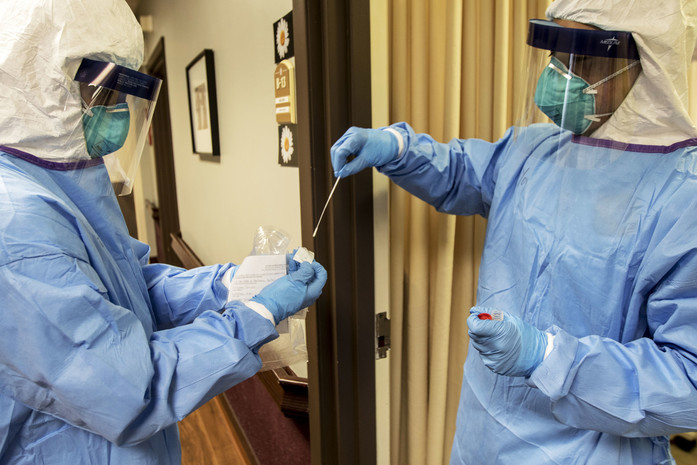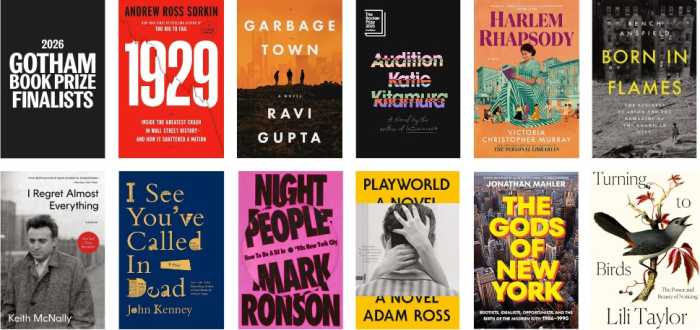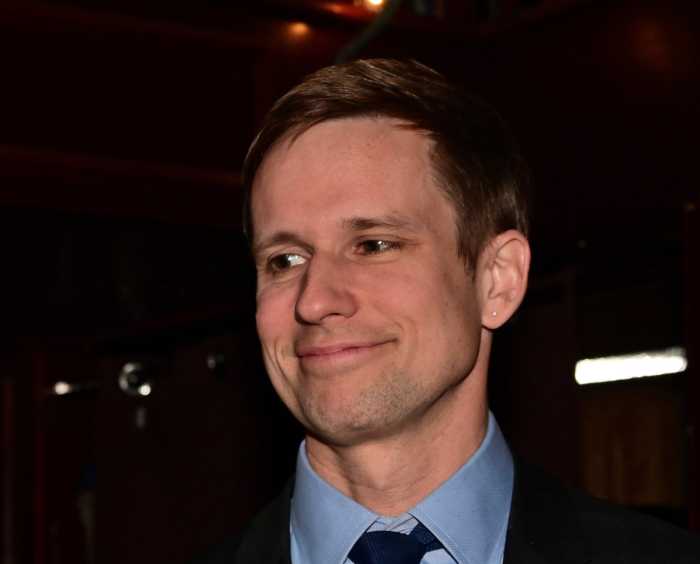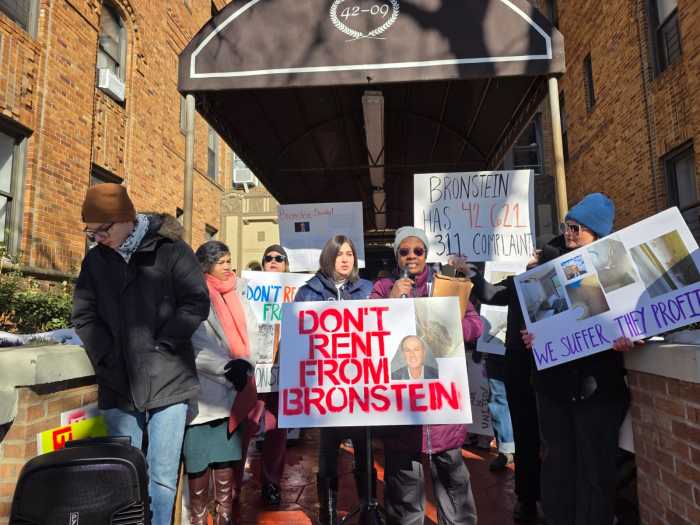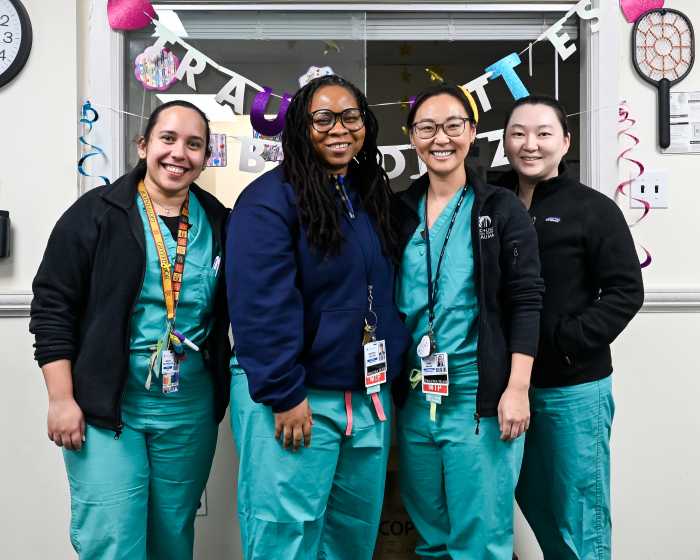Positive COVID-19 case numbers have increased in certain neighborhoods throughout Queens and Brooklyn in recent weeks. While much of the blame has been put on Orthodox Jewish communities that live in those zip codes, the question remains as to how the city is going to prevent further spread of the virus.
Local lawmakers scrambling to work with the city and the communities in their districts to get the virus under control before it’s too late have come up with a kaleidoscope of answers. They are holding PPE giveaways, promoting free COVID-19 testing and hosting educational virtual town halls. Some are even going as far as encouraging the city to fine people who won’t wear masks or floating the idea of closing down all in-person schooling if the caseload keeps going up.
But with positive testing rates still on the rise, and the number of zip codes with upticks increasing, their responses to the virus underscores the city, the state’s and the nation’s challenges to figuring out what to do in the face of a second wave of the coronavirus.
And in this instance, an additional challenge facing everyone, from City Hall to local community leaders, is the balancing act of public health with the rights and safety of a diverse religious community. The challenge is particularly acute in Brooklyn and Queens which has an overwhelming number of Conservative and Orthodox Jewish enclaves. Public officials and community leaders are trying to make sure their response isn’t perceived as antisemitic nor encouraging antisemitism. It is a difficult balancing act which, if unsuccessful, risks further alienating the community from common sense public health solutions.

“It’s hitting the Jewish community hard. There’s no secret about that,” said Assemblymember Daniel Rosenthal (D-Kew Gardens Hills, Kew Gardens, Pomonok, Electchester, College Point and parts of Whitestone, Richmond Hill, Briarwood and Forest Hills). “Every Jewish community is different. We’re not a monolithic community. What happens in Kew Gardens and Kew Gardens Hills is very different than the community in Borough Park.”
Blaming a lack of mask compliance is too simplistic, he said. He believes the culprit in the neighborhoods in his district with cases on the rise, Kew Gardens and Kew Gardens Hills, is not mask compliance but rather the schools. While the majority of the yeshivas have voluntarily closed for in-person schooling, most had to quarantine at least one class in the weeks since they opened in September.
“These are schools that, even despite investing hundreds of thousands of dollars and months on planning protocols, still had trouble containing the spread of this virus,” he said.
The rest of the city should see this as an “ominous warning,” as the city’s public schools fully reopen this week for in-person learning, he said.
According to the Department of Health, much of the transmission has been within households, he said, which is not surprising. Orthodox families are larger than average.
“When you have five or six kids and one person brings that [COVID-19] home, you’re spreading to eight nine people all of a sudden,” Rosenthal said.
If cases continue to rise, the neighborhoods –– and possibly the rest of the city –– face the prospect of more restrictions or even a lockdown making decreasing the cases even more of a priority, said State Senator James Sanders Jr. (D-Rochdale Village, Far Rockaway).
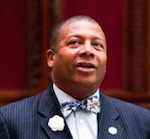
“I know what happens if we have to shut everything down again,” he said. “Shutting down means that we’re deeper into the morass. We’re deeper into the morass of mortgage problems, that we’re deeper into the social problems that people have had dealing with being away from people for so long.”
Sanders’ district includes the Far Rockaways cluster of COVID-19 cases. According to testing data, the positive case rate in that zip code is currently more than three times that of the rest of the city.
The increase in cases isn’t the problem of one group in the community, it’s everyone’s problem, he said.
“To avoid a tragedy, everybody is going to have to realize that we’re all in this together,” he said. “It’s not simply a question of personal freedom or religious freedom or any other freedoms because we should not have the freedom to take everyone else out.”
Education and outreach is the first step, Sanders said, but education will only go so far.
“Shortly thereafter you have to come in hard,” he said. “I have either a mask you can put on or a fine, which is your pleasure? Most people will choose the mask.”
It’s important that everyone comply with the restrictions set by the city, said City Councilmember Karen Koslowitz (D-Rego Park, Forest Hills, Kew Gardens, Richmond Hill), whose district overlaps with Rosenthal’s and includes Rego Park, another neighbor with an uptick in cases.
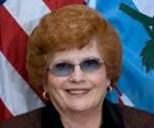
Koslowitz gave the example of a yeshiva in Forest Hills that called her for advice the other day. They had positive cases and the mayor’s office was telling them to close.
“They called me and said, ‘What would you do?’ I said, ‘I would absolutely close,’” she said.
Complying with the restrictions and guidelines is a small price to pay to prevent the spread of the virus, she said. Nobody likes wearing a mask but wearing one is better than what faces the city if people don’t.
“I, myself, spent three and half months in my house,” Koslowitz said. “I don’t want to do that anymore.”



